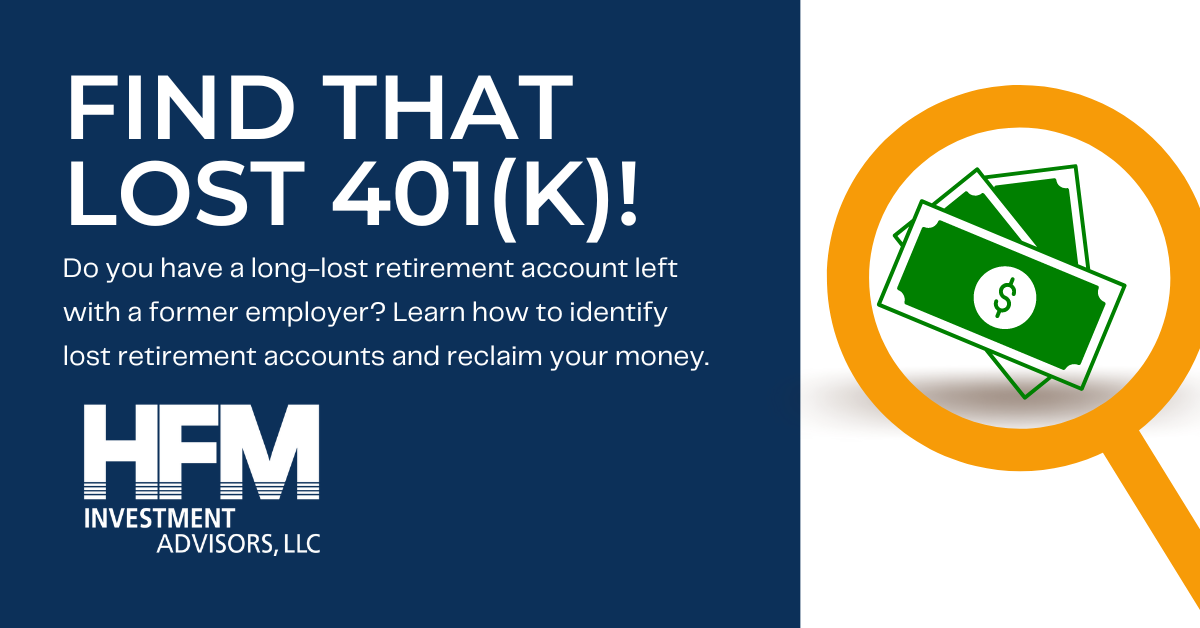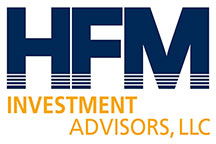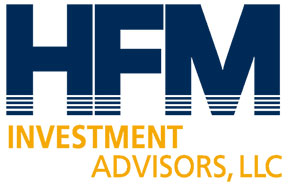
Find That Lost 401(k)!
Do you have a long-lost retirement account left with a former employer? Maybe it’s been so long that you can’t even remember? With over 24 million “forgotten” 401(k) accounts holding roughly $1.35 trillion in assets, even the most organized professional may be surprised to learn of their unclaimed “found” money.1
What are “Forgotten” Retirement Accounts?
Considering that baby boomers alone have worked an average of 12 jobs in their lifetime, it can be all too easy for retirement accounts to get lost in the shuffle.2 Think back to your first job. Can you remember what happened to your work-sponsored retirement plan? If you’re even slightly unsure, it’s time to look for your potential “forgotten” funds.
Retirement Plan Account Types
Before we get into your search, let’s review the types of work-sponsored retirement accounts available. By no means is this an exhaustive list, but the following are the most commonly-found retirement accounts.
- 401(k) – This is a company-sponsored retirement plan that allows employees to contribute a portion of their wages to individual accounts. Some employer plans include automatic enrollment for new employees, so it’s possible you may have contributed money without being aware of it.3
- 403(b) – This is a retirement vehicle offered by public schools and certain 501(c)(3) tax-exempt organizations. Just as with a 401(k) plan, a 403(b) plan lets employees defer some of their salary into individual accounts. The deferred salary is generally not subject to federal or state income tax until it’s distributed. If you’ve ever been employed by a public school, college, university, church or non-profit, you may have been offered a chance to participate.4
- Defined Benefit Plan – Sometimes known as traditional pensions, which promise the participant a specified monthly benefit at retirement. Often, the benefit is based on factors such as the participant’s salary, age and number of years worked for the employer.5
Once you reach age 72, you must take required minimum distributions from your 401(k), 403(b) or other defined-contribution plans in most circumstances. Withdrawals from defined-contribution plans are taxed as ordinary income and, if taken before age 59½, may be subject to a 10% federal income tax penalty.
Starting Your Search
One of the best ways to find lost retirement accounts is to contact your former employers. If you’re unsure where to direct your call, the human resources or accounting department should be able to check their plan records to see if you’ve ever participated. However, you will most likely be asked to provide your full name, Social Security number, and the dates you worked, so be sure to come prepared.
If your former employer is no longer around, look for an old 401k statement. Often these will have the contact information for the plan administrator. If you don’t have an old statement, consider reaching out to former coworkers who may have the information you need.
Even if these first steps don’t turn up much info, they can help you gather important information.
Websites to Check
Next, it’s time to take your search online. Make sure you have as much information as possible and try the following resources.
National Registry of Unclaimed Retirement Benefits – This database uses employer and Department of Labor data to determine if you have any unpaid or lost retirement account money. Like most of these online tools, you’ll need to provide your Social Security number, but no additional information is required.6
FreeERISA – If your forgotten account was worth more than $1,000 but less than $5,000, it might have been rolled into a default traditional Individual Retirement Account (IRA). Employers create default IRAs when a former employee can’t be located or fails to respond when contacted. You can search for 401k and IRA accounts for free using this database, but registration is required.7
Once you reach age 72, you must take required minimum distributions from a Traditional IRA in most circumstances. Withdrawals from Traditional IRAs are taxed as ordinary income and, if taken before age 59½, may be subject to a 10% federal income tax penalty.
The U.S. Department of Labor – Finally, the department of labor tracks plans that have been abandoned or are in the process of being terminated. Try searching their database to find the Qualified Termination Administrator (QTA) responsible for directing the shutdown of the plan.8
What’s Next?
Once you’ve found your retirement account, what you do with it depends on the type of plan and where it’s held. Your location also matters. Depending on where you live, rules and regulations may differ.
No matter what you decide, be sure to involve your tax and financial professionals since they’ll be informed on current regulations for your state. They can also help you identify a strategy for your newfound money: travel, investment, maybe that vacation home you’ve always wanted. You worked hard for that money, after all, so you should get to enjoy it!

102 WEST HIGH STREET, SUITE 200
GLASSBORO, NJ 08028
WARRANTIES & DISCLAIMERS
HFM Investment Advisors, LLC (HFM) is a registered investment adviser located in Glassboro, NJ. HFM’s website is limited to the dissemination of general information pertaining to its advisory services, together with access to additional investment-related information, publications, and links. Accordingly, the publication of HFM’s website on the Internet should not be construed by any consumer and/or prospective client as HFM’s solicitation to effect, or attempt to effect transactions in securities, or the rendering of personalized investment advice, over the Internet. A copy of HFM’s current written disclosure statement discussing HFM’s business operations, services, and fees is available at the SEC’s investment adviser public disclosure website – www.adviserinfo.sec.gov or from HFM upon written request. HFM does not make any express or implied representations or warranties as to the accuracy, timeliness, suitability, completeness, or relevance of any information prepared by HFM or any unaffiliated third party, whether linked to HFM’s website or incorporated herein, and takes no responsibility therefor. All such information is provided solely for convenience purposes only and all users thereof should be guided accordingly.
This website and information are provided for educational and information purposes only. All investments involve risk and are not guaranteed. Be sure to first consult with a qualified financial advisor and/or tax professional before implementing any strategy. This website and information are not intended to provide investment, tax, legal, or other professional advice.
This content is developed from sources believed to be providing accurate information, and provided by Twenty Over Ten. It may not be used for the purpose of avoiding any federal tax penalties. Please consult legal or tax professionals for specific information regarding your individual situation. The opinions expressed and material provided are for general information, and should not be considered a solicitation for the purchase or sale of any security.
- https://www.kiplinger.com/retirement/retirement-plans/401ks/603334/how-to-find-a-lost-retirement-account
- https://money.usnews.com/money/retirement/401ks/articles/what-are-unclaimed-retirement-benefits-and-how-to-find-them
- https://www.irs.gov/retirement-plans/401k-plans
- https://www.irs.gov/retirement-plans/irc-403b-tax-sheltered-annuity-plans
- https://www.irs.gov/retirement-plans/defined-benefit-plan
- https://unclaimedretirementbenefits.com
- https://freeerisa.benefitspro.com/
- https://www.askebsa.dol.gov/AbandonedPlanSearch/
This content is developed from sources believed to be providing accurate information, and provided by Twenty Over Ten. It may not be used for the purpose of avoiding any federal tax penalties. Please consult legal or tax professionals for specific information regarding your individual situation. The opinions expressed and material provided are for general information, and should not be considered a solicitation for the purchase or sale of any security.
